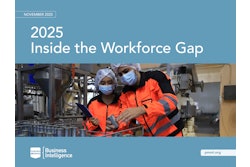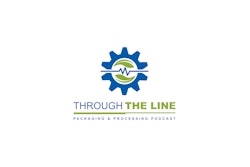
To date, intensive farming systems are causing significant damage to the environment and public health—damage that consumers unknowingly pay for in hidden ways, according to Patrick Holden, executive director for Sustainable Food Trust, UK, in partnership with the Sustainable Food Alliance, Allentown, Pa.
“For instance, we pay for the cleanup costs from intensive agriculture through water treatment, healthcare and wrongly directed agricultural subsidies. You could even say that we are deferring the payment by passing costs on to future generations, as is currently the case with climate change and soil degradation,” adds Holden. “So, although our food appears to have never been cheaper, when we look beneath the surface, we have been paying more for it than we might possibly imagine.”
When it comes to agricultural costs in food processing, one of the biggest problems is that the price of raw materials doesn’t necessarily reflect the true cost of production.
As a result, “this distorted economic climate has resulted in the rise of a food system [that] contributes significantly to environmental decline, impacting hugely on one of our most precious resources—the soil,” says Holden. “The economic cost of global soil degradation is enormous, with past estimates calculating an expense in the region of $400 billion per year.”
Another external cost associated with today’s food system is the impact of sustainable farming on public health.
“There is now increasing evidence that there are direct links between the intensification of our food production systems and the rapid rise of a range of diseases, including obesity, cardiovascular disease, allergies, some cancers and diseases of the immune system, resulting in increasingly unaffordable treatment costs,” says Holden.


















